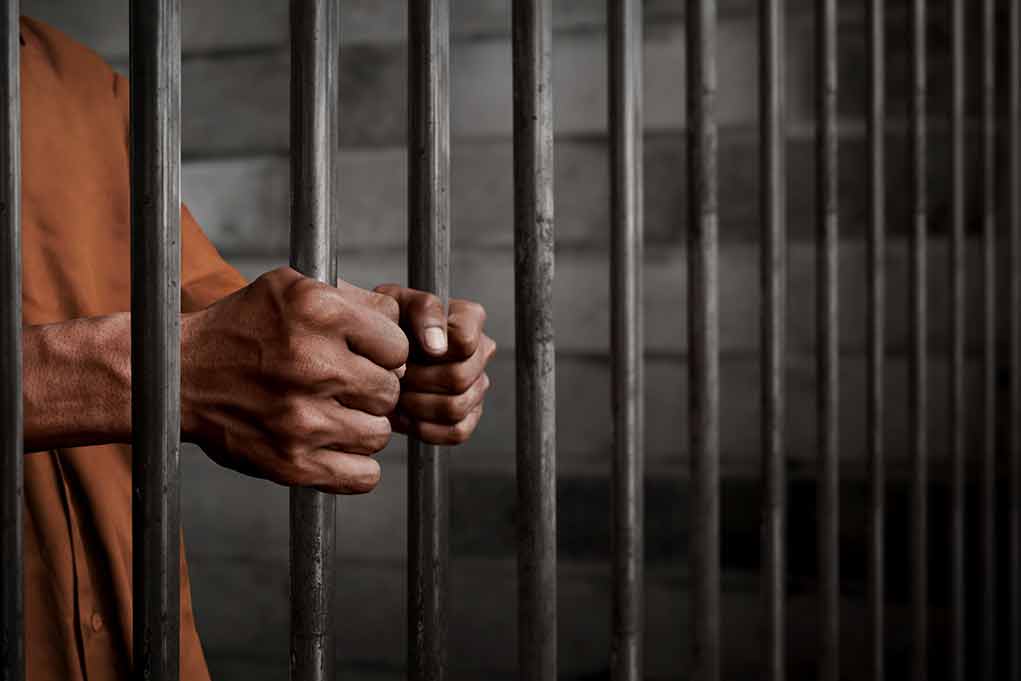
President Donald Trump has pardoned Ross Ulbricht, the founder of the infamous dark web marketplace Silk Road, in a move that has ignited discussions about presidential powers and libertarian ideals.
Top Takeaways
- Trump granted a full pardon to Ross Ulbricht, founder of the Silk Road website, who was serving two life sentences plus 40 years.
- The pardon fulfills a campaign promise and is seen as a victory for libertarians and cryptocurrency enthusiasts.
- Silk Road was an early adopter of Bitcoin, making Ulbricht a folk hero among some in the crypto community.
- Trump criticized the prosecution and sentencing of Ulbricht, calling it “ridiculous” and linking it to his own legal battles.
- The pardon raises questions about the extent of presidential clemency powers and their application in high-profile cases.
Trump’s Pardon and Its Implications
In a surprising move, former President Donald Trump has granted a full pardon to Ross Ulbricht, the creator of the notorious dark web marketplace Silk Road. Ulbricht, who had been serving two life sentences plus 40 years for charges including drug trafficking and money laundering, became a symbol for both the potential and perils of the digital age.
Trump’s decision to pardon Ulbricht was communicated directly to Ulbricht’s mother, citing support from the Libertarian Movement as a key factor. The former president’s announcement was accompanied by sharp criticism of those involved in Ulbricht’s conviction, drawing parallels to Trump’s own legal challenges.
Libertarian Victory and Cryptocurrency Connection
The pardon of Ross Ulbricht is being hailed as a significant victory by libertarians and cryptocurrency enthusiasts. Silk Road, while primarily known for its association with illegal activities, was also one of the early adopters of Bitcoin, helping to popularize the cryptocurrency. This connection made Ulbricht something of a folk hero among certain segments of the crypto community.
“Ross Ulbricht has been a libertarian political prisoner for more than a decade. I’m proud to say that saving his life has been one of our top priorities and that has finally paid off,” said Libertarian National Committee Chair Angela McArdle.
McArdle, expressed pride in the movement’s role in securing Ulbricht’s release. This sentiment echoes throughout libertarian circles, who have long viewed Ulbricht’s case as an example of government overreach and excessive punishment.
Ross Ulbricht has been freed by President Trump with a full pardon! Thank you for keeping your word to me and others who have been advocating for Ross’ freedom, Mr. President! #freeRoss pic.twitter.com/wOJVFX1DaA
— Thomas Massie (@RepThomasMassie) January 22, 2025
Support and Controversy
Ulbricht’s supporters have long argued that his sentence was disproportionately harsh, pointing out that he was not charged with any violent crimes. They contend that Silk Road was not solely a platform for drug sales and that Ulbricht himself did not personally sell illicit goods.
Critics, however, point to the extensive illegal activities facilitated by Silk Road and question the appropriateness of pardoning someone convicted of such crimes. The case has sparked a broader debate about the nature of crime and punishment in the digital age, as well as the extent of presidential pardon powers.
Implications for Presidential Powers
Trump’s pardon of Ulbricht is one of many controversial clemency acts by the former president, including pardons for individuals involved in the January 6 Capitol riot. As the dust settles, the pardon of Ross Ulbricht will likely continue to fuel discussions about justice, technology, and the reach of presidential authority in the digital age. It remains to be seen how this decision will impact future cases involving cybercrime and digital marketplaces, as well as the ongoing debate about the appropriate use of presidential pardon powers.

















